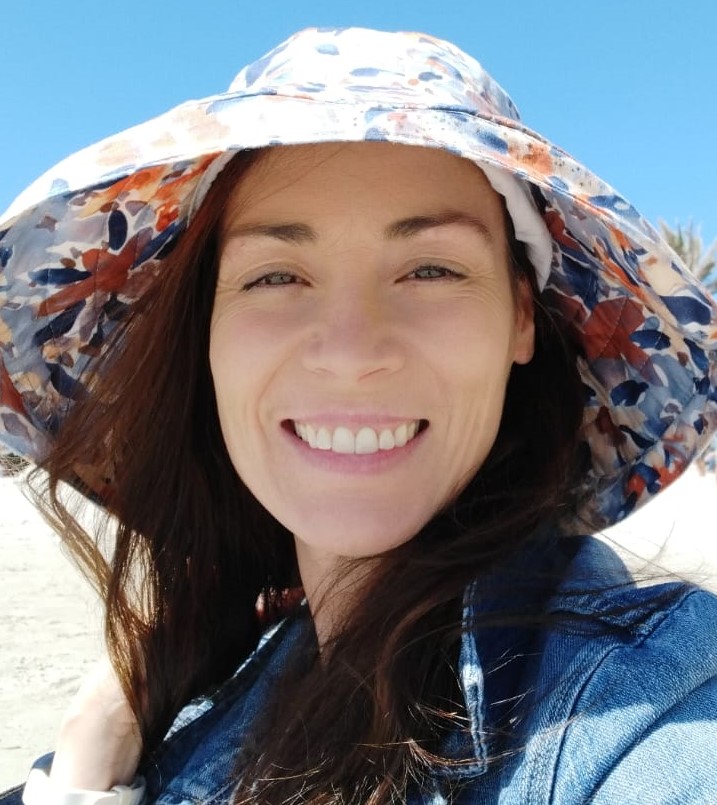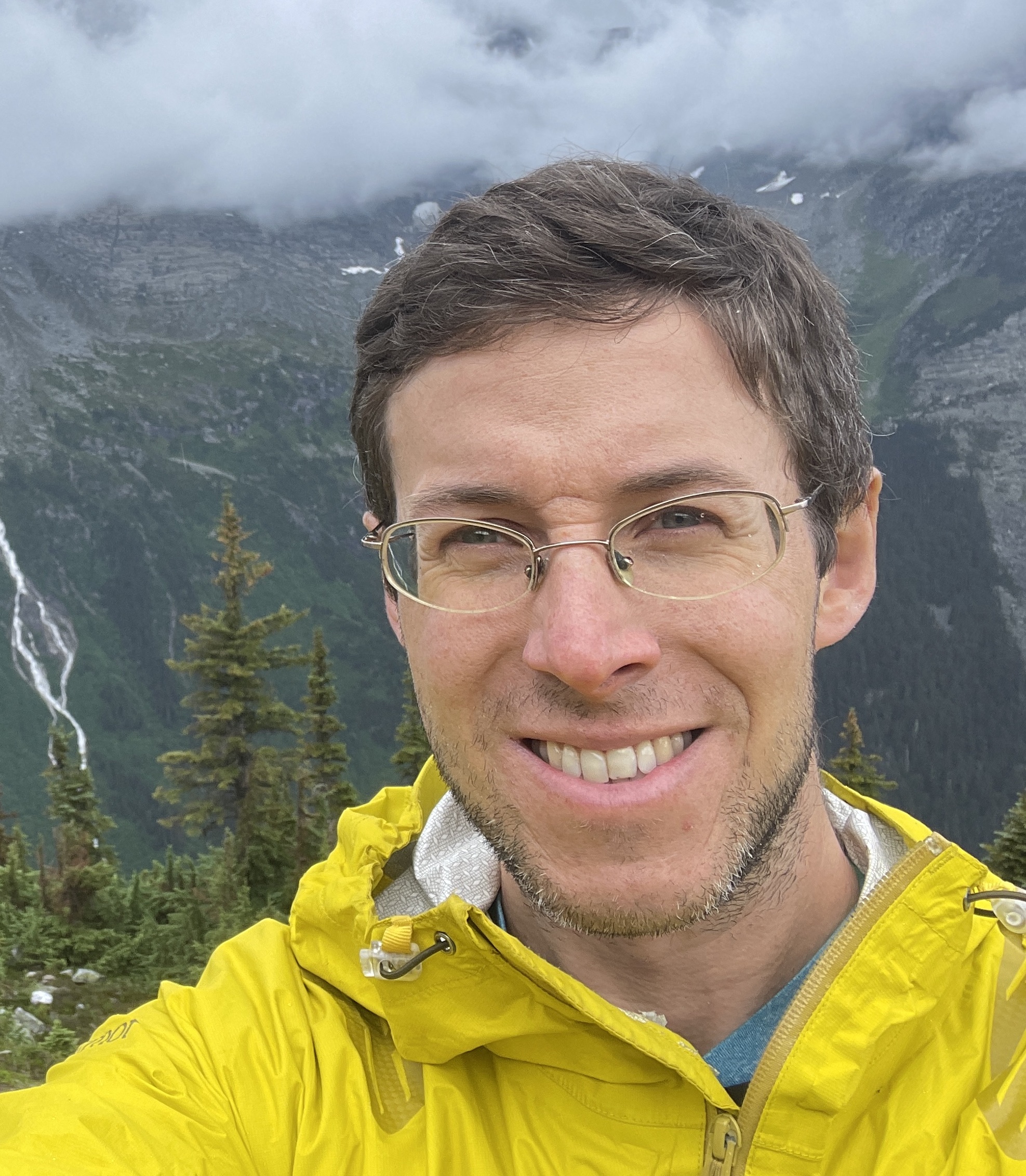12/10/2025
11:30 - 12:00
Collabotorium
, Híbrido (presencial con transmisión en directo)
Sesión con interpretación
Por qué asistir
Genetic diversity is the foundation of biodiversity adaptation and resilience, as recognized by the Convention of Biological Diversity. Participants will (a) achieve understanding of the state-of-the-art of genetic assessments (using DNA-based and alternative data), and (b) engage in a discussion and suggest improvements for future assessments.
Descripción de la sesión
The session will explain the progress in recent years on making genetic diversity assessments more accessible, affordable, standardized and inclusive. First, it will explain the use of genetic indicators, which do not necessarily require DNA-based data, and they allow for rapid assessments in a way that policy makers can understand. It will explain the conservation principles of the indicators and give several practical examples from Global South and Global North countries. The second part will explain some limitations of the approach and propose some future directions that genetic indicators could work towards in the next quadrennium in order to meet the needs of the CBD, national and local governments, and business and civil society. The Q&A will help explore advantages and disadvantages of the approach, and ultimately achieve an inclusive agreement on conserving genetic diversity.Organised by
Species Survival Commission
Asociaciones
Instituut voor Natuur- en Bosonderzoek ( Belgium )
European Association of Zoos and Aquaria ( The Netherlands )
Re:wild ( United States of America )
BirdLife South Africa ( South Africa )
Adventurers and Scientists for Conservation ( United States of America )
KMDA Antwerp Zoo
EZ
LEO foundation
NRDC
Atlanta Botanical Garden

